 |
Implementing the model, farmers will apply the technique of alternating wet and dry irrigation to reduce methane (CH4) emissions from rice fields, save irrigation water and aim to register carbon credits according to international standards. CH4 is produced in flooded, oxygen-deficient conditions and is the main source of greenhouse gases in rice production. Water management measures can be an effective measure to limit the formation and emission of CH4. The amount of CH4 emission reduction will be converted into carbon credits and can be sold on the market, serving to reinvest in infrastructure and increase farmers' income.
 |
It is known that in the 2024-2025 winter-spring crop, the program will be implemented in Nghe An on more than 20,000 hectares, Thanh Hoa on 1,200 hectares, Ha Tinh on 50 hectares, Quang Tri on 29 hectares and Quang Binh on 30 hectares. In Quang Binh alone, the program is expected to be implemented within 10 years, from 2024-2033.
Thanh Hoa
Source: https://baoquangbinh.vn/kinh-te/202504/hoi-thao-dau-bo-mo-hinh-thi-diem-tao-tin-chi-carbon-trong-san-xuat-lua-2225523/


![[Photo] Prime Minister Pham Minh Chinh meets with the Policy Advisory Council on Private Economic Development](https://vphoto.vietnam.vn/thumb/1200x675/vietnam/resource/IMAGE/2025/5/8/387da60b85cc489ab2aed8442fc3b14a)
![[Photo] National Assembly Chairman Tran Thanh Man chairs the meeting of the Subcommittee on Documents of the First National Assembly Party Congress](https://vphoto.vietnam.vn/thumb/1200x675/vietnam/resource/IMAGE/2025/5/8/72b19a73d94a4affab411fd8c87f4f8d)
![[Photo] General Secretary To Lam begins official visit to Russia and attends the 80th Anniversary of Victory over Fascism](https://vphoto.vietnam.vn/thumb/1200x675/vietnam/resource/IMAGE/2025/5/8/5d2566d7f67d4a1e9b88bc677831ec9d)


![[Photo] President Luong Cuong presents the decision to appoint Deputy Head of the Office of the President](https://vphoto.vietnam.vn/thumb/1200x675/vietnam/resource/IMAGE/2025/5/8/501f8ee192f3476ab9f7579c57b423ad)
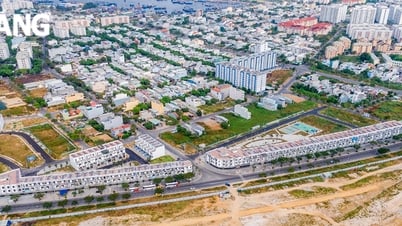
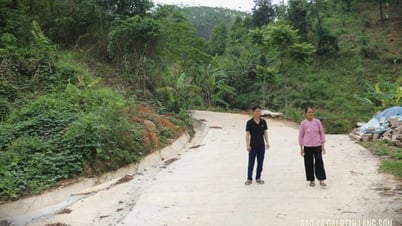
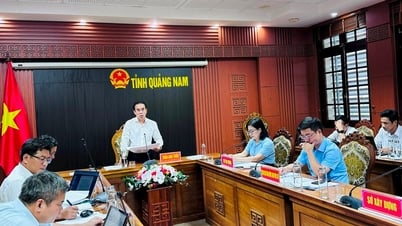
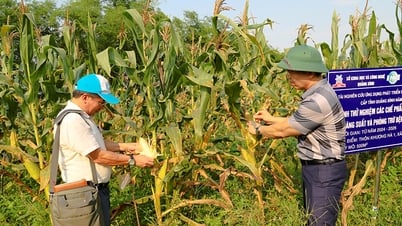
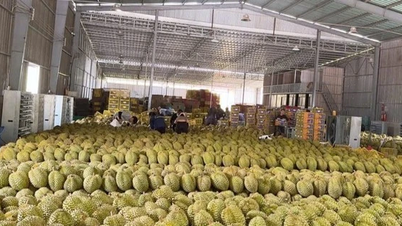
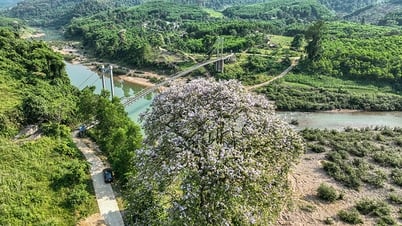




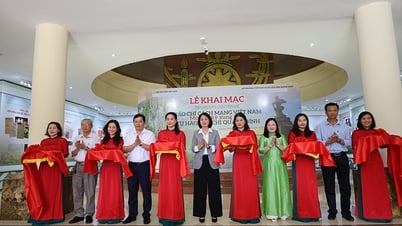
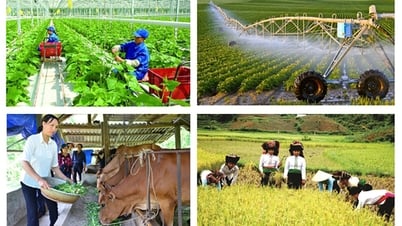
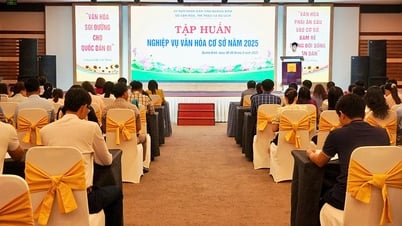
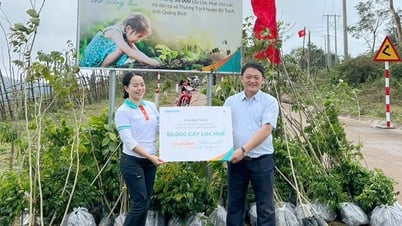
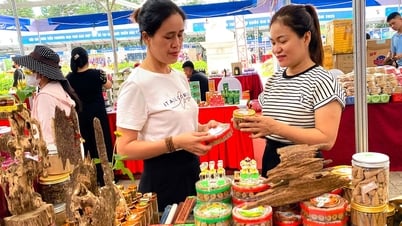
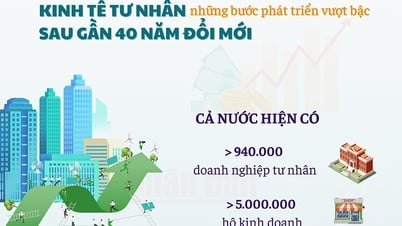































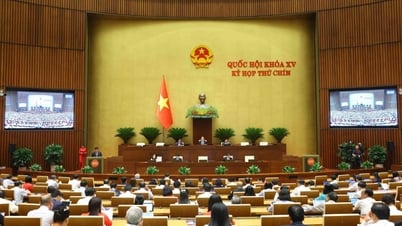


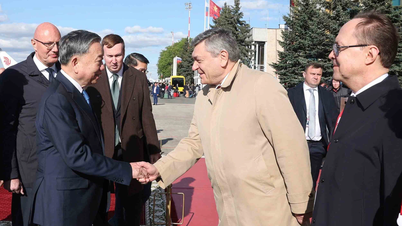

















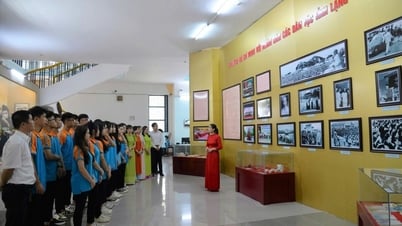












Comment (0)